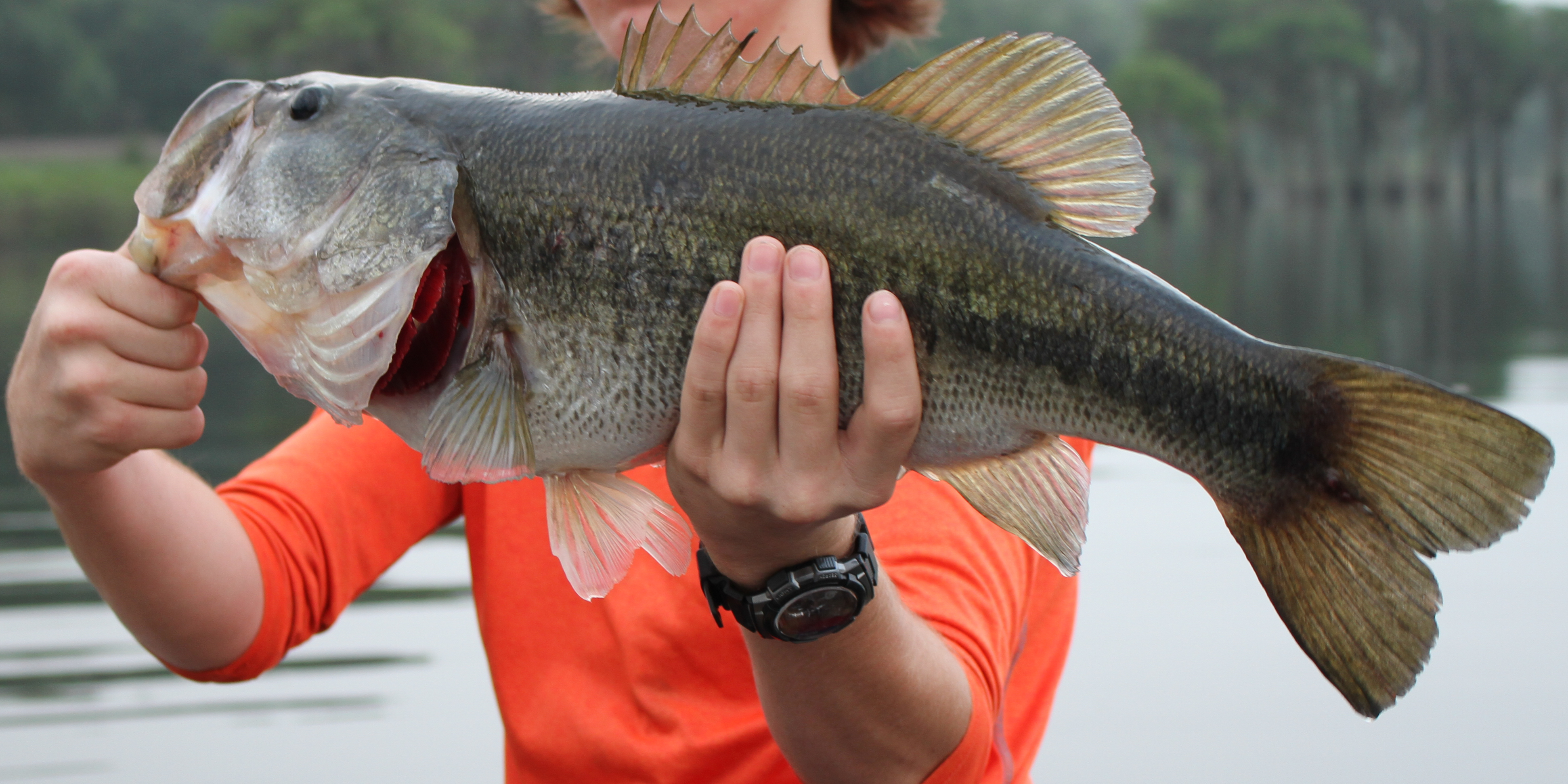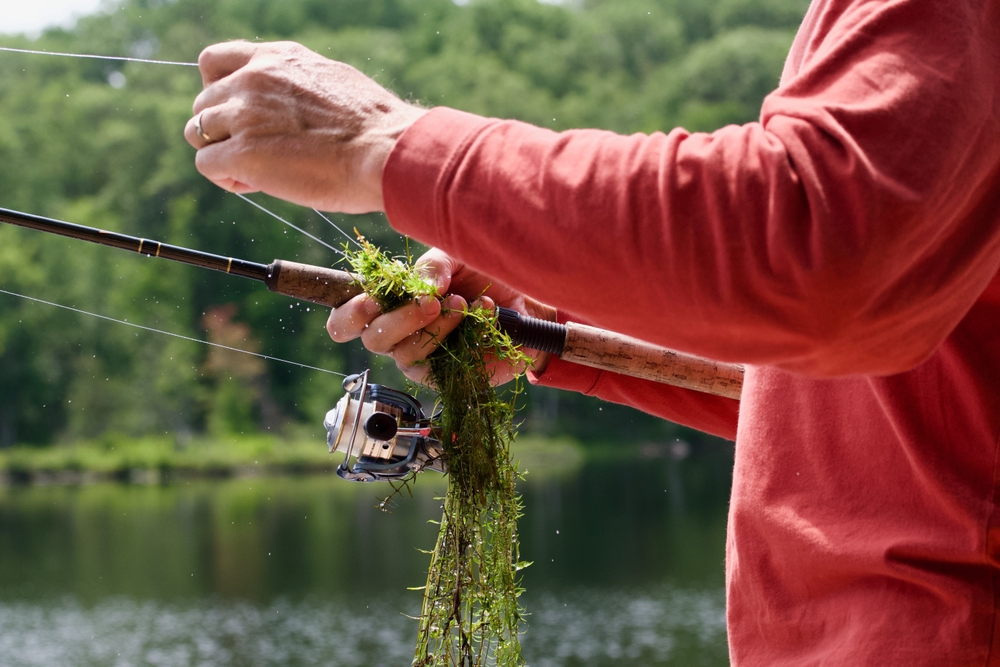Fishing License 101: All You Need to Fish in Each of the United States
Until you catch the fishing bug and start hoarding every new rod, reel, and bass fishing lure you can find, fishing is a pretty simple hobby. Beyond a basic setup, all you need is a bit of patience and a willingness to learn. You could even tie a line to a stick and pull in plenty of fish if you wanted to.
However, there is one thing you will need to get that is a bit beyond your basic gear and attitude. You’ll need a license.
Fishing licenses in the US are required for most anglers, and while all states more or less follow the same rules, licenses aren’t nationwide in most cases.
Today, we’re going to walk you through why you need a license, the types of licenses out there, and the various rules regarding getting a license, using it, and more.
Let’s get started.
Why are Fishing Licenses Required?
Fishing is an age-old pastime, and at one time, it was necessary for survival in the United States. So, why does the government make you get a license to do it?
Well, there is a pretty good reason other than Uncle Sam trying to make some extra money.
Most fisheries in the United States are publicly maintained. Property managers handle cleaning, mowing the grass, clearing out fishing areas, restocking the fish population, checking the fish population for health issues, and more. That ends up being a lot of employees who need to get paid.
Fishing licenses help pay for all that, and since anglers are using the resources the most, it makes sense to make the majority of anglers chip in on paying for it.
The Types of Fishing Licenses and What They’re For
Typically, you’re going to see three different licenses in the United States. There are some very niche licensing types, but if you end up needing one of those, you likely already know what it is and how it works.
Everybody else needs one of the following license types.
1: Day License
This can vary on a state-by-state basis. So, it’s best to think of this as a “short-term license”. This is when you pay a discounted price for a fishing license that lets you fish in the state for a day. Some states have week-long or weekend options, but these all function the same, and they serve the same purpose.
If you’re not an angler, and you’re not sure you’ll like fishing, you can get one of these to “test the waters” a bit. This can also be a great option if you’re just looking to go fishing with some buddies or to take your kids fishing, but you don’t care to fish any more than that.
Other than that, this is typically used by out-of-state anglers. Whether you’re traveling and fishing in different states to experience different types of targets that aren’t available at home, or you’re a competitive angler participating in a competition in a new state, this type of license can be useful.
This type of license typically costs between $10 and $30 depending on the state. It’s not a huge investment, and you’ll get a lot of fun out of it.
2: Annual Fishing License
This is the most common type of fishing license out there, and it’s likely what you’ll want to get.
An annual license lasts for one full year. It allows you to fish from the day you get it until the same date the following year, and then it needs to be renewed. This typically costs about $20 to $30, but some states have higher costs.
Something to note about this type of license, and all the other licenses we’ll be talking about, is that it only works in your state. If you live in Illinois, you can’t take your Illinois fishing license to Tennessee, fish their water, and expect to get away without paying for the right to fish in their state.
This is typically the best license to get for most anglers because the average angler isn’t fishing in different states frequently, might not fish every year if life gets too busy, and generally, it’s a safe investment that’s not hard to get.
3: Lifetime or Multi-Year Licenses
If you’re an experienced angler who knows you’re going to love fishing year after year, you might want to opt for a lifelong or multi-year license depending on the longest-lasting license your state offers.
These are the most costly fishing licenses, but once you get one, you don’t have to worry about it expiring. When you want to fish, you’re good to go as long as you’re in the state the license covers.
Special Rules to Consider with Fishing Licenses
So far, we’ve covered the bare bones, but like most things dealing with the government, there are some extra bits of information that you need to know.
In this section, we’ll cover as many of them as we can. Because fishing licenses are handled by each state, covering everything simply isn’t possible without a directory. Luckily, if you have a super niche question about licensing, you can check your state’s fish and wildlife webpage under the licensing section.
1: Kids Usually Fish for Free
This isn’t the case in all states, but you want to check your state’s official information before you take your kids fishing.
In many states, children up to a certain age limit don’t need a fishing license. In most states, the age is 16. However, the age does differ from state to state. This makes this pastime activity a lot more accessible for the youth, and it’s easier for parents to take their kids fishing and get them into the sport at an early age without committing to a license if they end up not liking it.
Again, the age is different for every state. So, make sure you check your state’s website before heading out to the water with an unlicensed teen.
2: Seniors Might Fish Free
Some states allow senior citizens to fish for free. This can be a great way to enjoy your twilight years after retirement with no added costs, and of course, fishing is physically accessible for most people even at an advanced age.
However, not every state does this. Some have discounted senior citizen licenses, and some just require a normal fishing license.
Check with your state’s fish and wildlife website before you fish without a license, because you certainly don’t want to get caught by the fish and wildlife officer.
3: Veterans Might Fish Free or at a Discount
Several states offer benefits to veterans when it comes to fishing. Typically, this means you can fish without a license. The details of that deal vary, though. Some require you to be on active duty, some allow all veterans to do so, and some simply offer a discount.
When you qualify for free fishing under veteran's rules, you simply need your military ID to prove you’re a vet.
4: Private Ponds are Unregulated
If you’re lucky enough to own your pond on your property, or you have a buddy who does, you don’t have to worry about licenses when fishing in THAT water.
This limits where you can fish unless you buy a license, but it is a nice thing to take advantage of when you can. The same goes for boat licenses, limits, and similar things. Private property is, well, private.
However, if you live at a waterfront property with a river passing by, that rule does not apply. You don’t own the water itself. So, you’re still subject to fishing laws in that case.
5: Species-Specific Guidelines and Stamps
Some states are home to very delicate fish species, and a standard fishing license doesn’t cover those species. The best example of this is trout.
Most states that have trout populations require you to pay for an extra trout stamp that goes on your license. This is about $20 in most cases, and it gives you the right to target and harvest trout legally.
Not every state requires this, and not every state has a species that warrants it, but you do need to check state guidelines to ensure you’re legally targeting more sensitive fish populations that are heavily regulated.
6: Fishing Out of State
This is both a positive and a negative thing, but there is no national fishing license. This doesn’t make sense at first due to how often we all travel between various states and how each state functions the same way at its core, but the regulation of fishing is a state right, and the federal government doesn’t have much to do with it.
So, how do you fish in another state? Well, you have to buy a non-resident license. Usually, these are short-term licenses with an extra fee since you don’t live in the state that you’re fishing in and you’re potentially taking that state’s natural resources.
This can be an annoying issue if you live on the border of two states. You might be right next to a great fishing spot, but it’s technically across state boundaries and under that state’s jurisdiction. So, you end up buying two licenses.
7: Commercial Fishing
If you’re fishing commercially, such as to supply grocery stores or restaurants, your basic fishing license isn’t going to cover your activities. In practically every situation, you need a commercial fishing license and a lot of other qualifications to do that.
We’re aimed at the average angler and sportsmen. So, that’s not our specialty to cover. However, you should know about the requirement and look more into it before you try doing anything commercially.
What are the Consequences of Fishing without a License?
If you ignore these rules, the consequences are a lot more severe than most beginner anglers think. You might think that as long as you practice CPR fishing you’ll be let off with a warning, or that you won’t ever get caught because the game warden is busy with limited resources, but those assumptions are false.
Here are the consequences you'll face in most scenarios.
1: Confiscation
This is probably the most lenient punishment you can get. The officer handling the situation might just take all your fishing gear. That’s harsh, but when you start reading about the other potential consequences, you can see that it’s the equivalent of a warning and making sure you don’t do it again as soon as they drive away.
This can also accompany the other consequences we talk about. Considering how much fishing gear can cost when you get into the sport, this can be just as bad as a fine.
2: Fines
This is the most likely punishment you’ll receive as long as it’s your first offense. However, it’s still not a light punishment.
Fines for fishing illegally can cost up to $12,000 or more, and even the average fine tends to be around $2000 in most states.
Even if no other punishments are leveraged and you get the minimum fine, that’s way more expensive than just paying the $20-$50 needed for most licenses. It’s simply not worth it.
3: Arrest and Jail Time
The potential punishments go well beyond just financial and material ramifications. You might go to jail.
This is usually only something reserved for repeat offenders, but you never know. You can end up arrested and sentenced to jail time for fishing without a license.
4: Revocation of Privileges
Regardless of which primary consequence you’re given, you’ll likely be banned from fishing for quite some time. So, even if you decide that you learned your lesson and will just buy the license, you might not be able to for a while.
People often think that none of these consequences are likely because there can’t possibly be enough fish and game wardens around to randomly check everyone, but they do tend to show up, and while you might get away with it once or twice, it all comes down to luck. When you do get caught, you will pay the consequences.
Get Licensed and Start Fishing
This is everything the average angler needs to know about fishing licenses in the US. So, what are you waiting for? Fishing season has started, and it’s time to start chasing your personal best.
To help enhance your first fishing trip, download our bass fishing app for all the latest maps, weather updates, spot-on solunar, and tips.



.png)
.png)